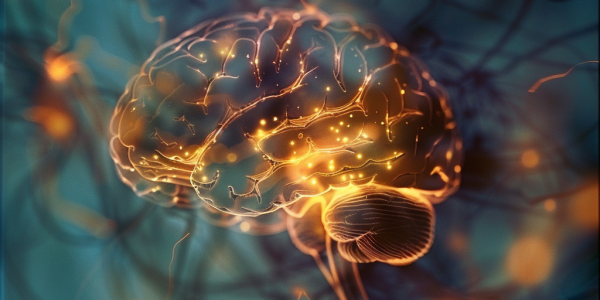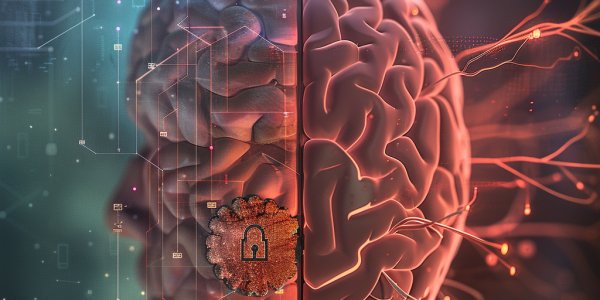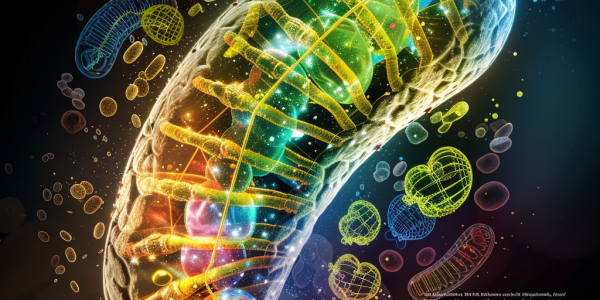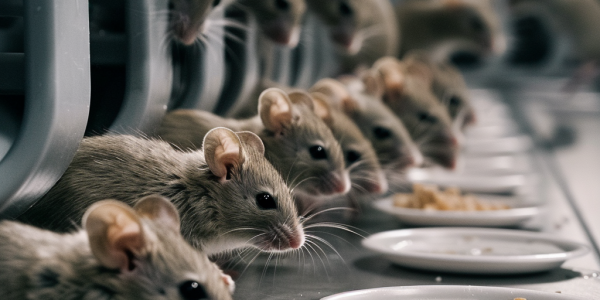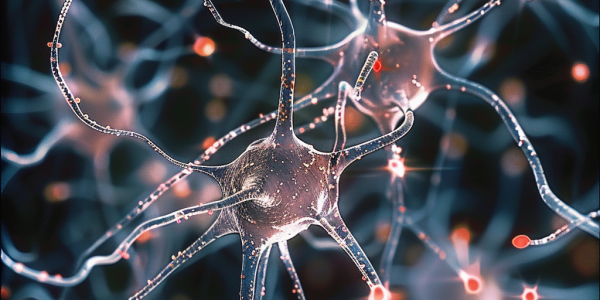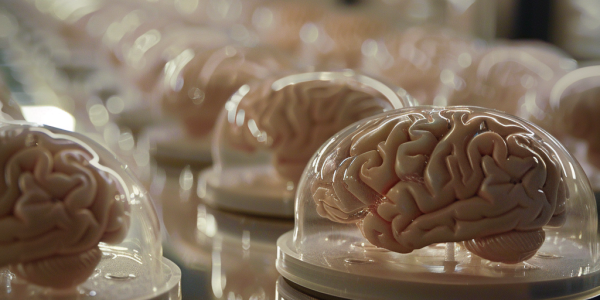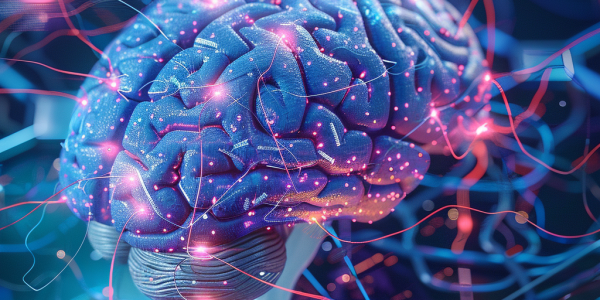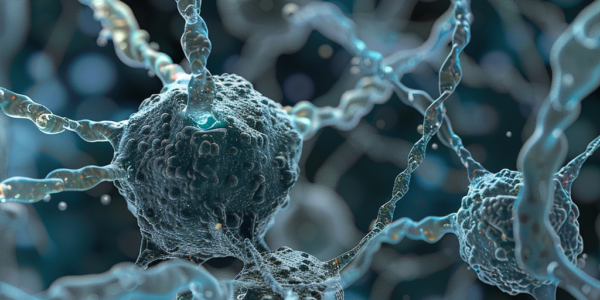Study Reveals Neurogenesis’s Key Role in Cognitive Functions and Epilepsy
A groundbreaking study published in Cell Stem Cell reveals the crucial role of neurogenesis in adult brains, particularly its impact on verbal learning and memory. Conducted by researchers at USC, the study highlights how generating new neurons can mitigate cognitive decline, especially in patients with drug-resistant epilepsy. The findings suggest that enhancing neurogenesis may lead to innovative therapeutic strategies for improving cognitive functions in adults suffering from epilepsy and related disorders.
Understanding Axonal Morphology and Its Impact on Neuronal Function
In the digital age, understanding cookie consent and privacy is essential for online users. This article explores the importance of managing cookie preferences and highlights a recent study on axonal morphology, revealing how membrane mechanics influence the structure and function of unmyelinated axons in the nervous system.
Exploring Digital Privacy and the Science of Memory Retention
In today’s digital age, understanding cookie usage on websites is crucial for managing your privacy. This article explores how cookies enhance user experience while also addressing privacy concerns, including the implications of accepting optional cookies. Additionally, it highlights groundbreaking research on the massed-spaced learning effect, revealing insights into memory mechanisms across neural and non-neural systems. Discover how these findings could influence education and therapeutic strategies for memory disorders.
New Research Unveils How the Brain Recognizes Patterns and Predicts Events
In today’s digital age, privacy is paramount as users navigate choices around cookies and personal data. A recent study published in Nature reveals insights into how the human brain detects patterns, enhancing our understanding of memory and cognitive functions. This groundbreaking research highlights the brain’s ability to predict future events based on recognized patterns, which could have significant implications for treating memory-related disorders. Discover how neuroscience is reshaping our understanding of cognition and privacy management.
Mitochondrial DNA Dynamics: Key to Health and Longevity Insights
Recent research reveals significant insights into mitochondrial DNA (mtDNA) dynamics and its implications for human health and longevity. A study published on BioRxiv explores how mtDNA insertions in human brain cells correlate with earlier mortality, highlighting the potential impact of mitochondrial function on lifespan and health outcomes. Understanding these mechanisms may pave the way for innovative therapeutic strategies targeting age-related diseases.
Study Reveals Role of PSTN in Regulating Feeding and Drinking Behaviors in Mice
Learn about the recent study published in Molecular Psychiatry that uncovers the role of the parasubthalamic nucleus (PSTN) in regulating feeding and drinking behaviors in mice. Researchers found that PSTN neurons impact the initiation of feeding and drinking in hungry and thirsty mice, shedding light on the neural circuits involved in these behaviors.
Neuroscience Study Reveals Link Between Oxygen Deprivation and Memory Formation
The latest neuroscience research reveals how oxygen deprivation can hinder memory formation by triggering anoxia-induced long-term potentiation (aLTP). Scientists have identified a feedback loop involving glutamate and nitric oxide that sustains aLTP, disrupting the brain’s normal memory-enhancing mechanisms. This discovery may offer new strategies for addressing memory issues in stroke patients.
Brain Organoids: A Promising Tool for Targeting Neurological Disorders
Brain organoids, a cutting-edge technology in neuroscience, are revolutionizing the study of rare neurological disorders. These miniature 3D brain models offer researchers a unique opportunity to unravel the complexities of brain conditions. By mimicking the structure and function of the human brain, brain organoids are shedding light on the underlying mechanisms of neurological disorders and paving the way for more effective treatments.
Groundbreaking Discovery: Specific Brain Cells Enhance Memory Focus and Storage
Groundbreaking neuroscience research identifies PAC neurons that enhance memory focus and storage without storing information themselves. Study sheds light on brain cells coordinating working memory, potentially leading to improved treatments for Alzheimer’s and ADHD. Discovery of PAC neurons utilizing phase-amplitude coupling to synchronize with memory-related brain waves highlights hippocampus’s role in controlling working memory. Research, part of NIH’s BRAIN Initiative and published in Nature, showcases Cedars-Sinai Medical Center’s pivotal role in unraveling brain processes. Understanding control aspect of working memory crucial for developing treatments for cognitive conditions, opening new avenues for exploring brain workings and memory processes.
Groundbreaking Discovery in Neuroscience: Vesicles Contain More Complete Instructions for Altering Cellular Function
Groundbreaking neuroscience discovery reveals that vesicles in the brain contain more complete instructions for altering cellular function than previously believed. Study challenges previous research and sheds light on potential new treatments for neurodegenerative diseases like Alzheimer’s.

